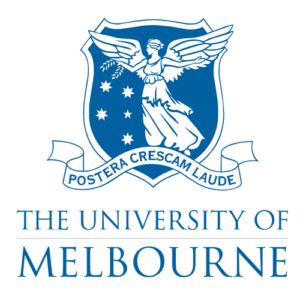Once you have finalized your study abroad destination, it is time to learn more about the classes you need to take. It is important to keep the fact in mind how long should one study abroad.
Be it a summer, semester, or full year abroad course, you must make the right choice for your career. Deciding how long should one study abroad is as important as finalizing a destination to study abroad. After all, the period you are going to invest in your studies will have a serious implication on your course, finance, and overall experience.
How long can you study abroad in college?
It is completely your choice to choose whether you want to study for a week or two or a full academic year or even longer. Studying abroad for a full year will offer an ideal experience, while a summer abroad might be beneficial for a few other students. Here are a few factors one must consider when planning for a study abroad program duration.
- Academics: Does the selected program offers you the courses you need to take? How long can you study abroad and will get financial aid for the same?
- Costs: Do you have enough money to apply for the selected program? Does the program support scholarships or provide financial aid for the selected program?
- Overall Experience: Are you planning to prioritize language and cultural immersion? Does the program support additional travel? Does it provide options like internships abroad?
Remember your money estimate might exceed the total price tag associated with a given program. Hence, keep the following factors in mind. Also, scholarships and other financial aid may vary based on the program length.
Not everyone can plan to study abroad for several months which is why most people look for short-term study abroad programs.
How Long Should I Study Abroad?
There are various short-term and long-term study abroad programs available for students. All you need to look for the advantages and disadvantages of various program lengths and determine which one suits your requirements and goals.
1. Semester
Studying abroad for a semester is enough to truly immerse yourself in the culture, learn a new language, explore the country and get yourself a new perspective. Casual weekend gateways to nearby beaches and cities are truly a period of joy and gaining new experiences.
If you feel hesitant about spending several months away from the family, then choosing a semester program for abroad studies can be a drawback. Also, they tend to be a bit more expensive than short programs. But, they offer better scholarships and courses that can transfer to your degree.
2. Academic year
The long-term program includes both benefits and drawbacks of the semester program. The longer you stay abroad for higher studies, the more you will learn about their culture and people. Also, you get to plan more trips with new friends and an opportunity to learn new languages and skills.
However, homesickness is real too in this case. Another drawback is they cost you higher. But at the same time, they offer immense time to study, learn and grab new opportunities.
3. Summer
If you are applying for summer programs, let me tell you these are short-term programs that last from a week to a couple of months and can be a good choice for some students. These are flexible and affordable programs and tend to have a smaller price tag.
The only drawback to this program is you don’t get to spend much time in your destination country and miss out on the cultural immersion that other semesters and years abroad provide.
No matter whether you are planning to study for a month or a year, studying abroad has great benefits. If you need any help with cracking the abroad exams or visa assistance, feel free to get in touch with our study abroad consultants in Delhi.
Our experts will provide the right guidance and help you meet academic, financial, and personal needs while offering you the opportunity to experience a new journey.
















